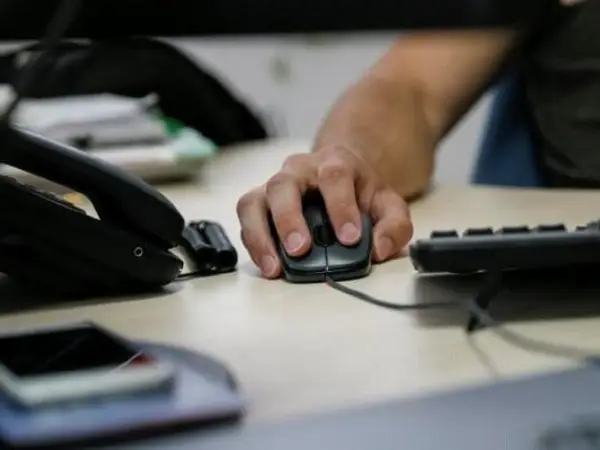Frustrated over how to block the Internet that savvy Iranians would not circumvent, the Islamic Republic seems to be about shutting down access to the WWW.
The regime has given a 10-day deadline to the American company Meta Platforms, the owner of WhatsApp Messenger and Instagram, to establish offices in the country if they want its applications unblocked. The purpose of this move is to have control over its activities, a demand snubbed by the company.
Facebook, YouTube and Twitter are also blocked. Instagram is the only major international platform still accessible, which Iranians use extensively to conduct ecommerce. This is one major impediment to parliament’s plan for shutting down all foreign social media networks.
The demand had already seemed unreal, but many believe that the regime wanted to have an excuse to block the media platforms for good as it seems unable to stop the flow of information about the protests both within the country and to the outside world.
"If Meta does not respond to our letter, this could be the prologue to a permanent block," National Cyber Centre chief Abolhassan Firouzabadi said in a newspaper interview on Saturday.
In remarks that were denied later, Interior Minister Ahmad Vahidi had threatened to permanently block WhatsApp and Instagram.
The Islamic Republic moved a couple of time to cut access to world Internet and replace it with an intranet which can be controlled by its intelligence services but one of the hurdles has always been the country’s banking network, which operates through the Internet. But on Sunday, Iran’s Interbank Information Transfer Network electronic banking system ordered all its subsidiaries to change their domains from .com extensions to .ir, which is dedicated to Iranian domains.
Many experts have expressed concerns about the move. Mohammad Mahdi Shariatmadar, the Chairman of the Board of Directors of the FinTech Association, called the "sudden" decision worrisome, saying that "I don't think new or even old payment partners will be able to continue operating with this method."
Milad Jahandar, the CEO of one of the online payment companies, said that the right to choose a domain is an obvious right of any company, noting that such a level of restriction in which the regulator even determines a domain name is unprecedented in the world.
Since January, Iran’s hardliner parliament has been discussing ways to intensify Internet censorship by establishing an intranet that would essentially ban foreign social media networks which allow Iranians to receive uncensored information and communicate with others.
The government has blocked thousands of websites in Iran for nearly 20 years both for ideological and political reasons. Almost all news and political websites not controlled by the government are inaccessible except by special software people need to use to get around the filtering.
Since the current round of protests began across the country in mid-September, a bipartisan group of US lawmakers are working with the US Treasury Secretary Janet Yellen to give Elon Musk’s satellite Internet service Starlink clearance to operate in Iran. The SpaceX CEO is trying to connect its internet services to users across Iran, a move that would be seen as the end of the Islamic Republic internet restriction policies.
In October, the US Department of State released a statement condemning Iran’s restrictions on access during nationwide protests over the death of Mahsa Amini.
“The United States is pleased to join the Freedom Online Coalition’s consensus Joint Statement on Internet Shutdowns in Iran,” reads the statement.
The Freedom Online Coalition is made up of 34 governments that collaborate to advance internet freedom worldwide.
